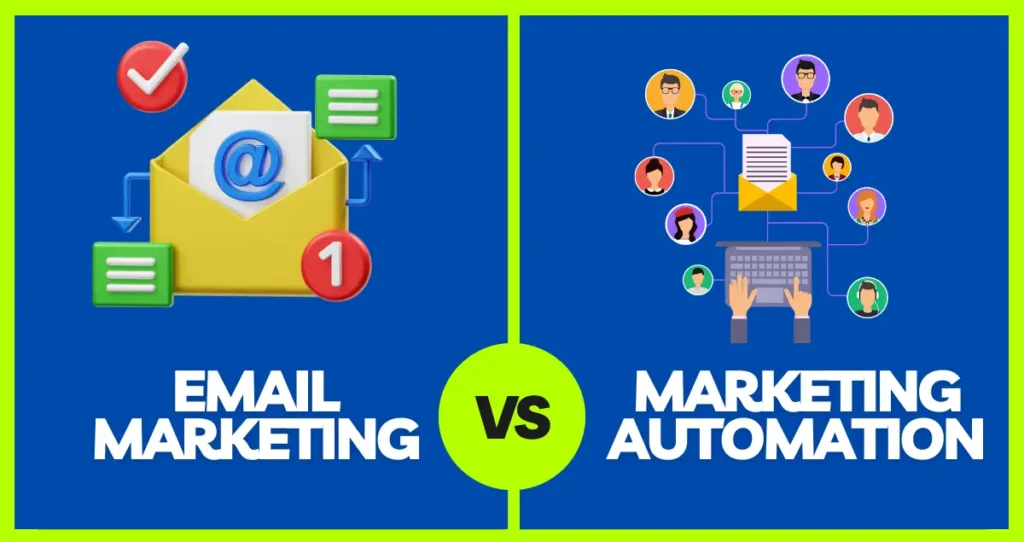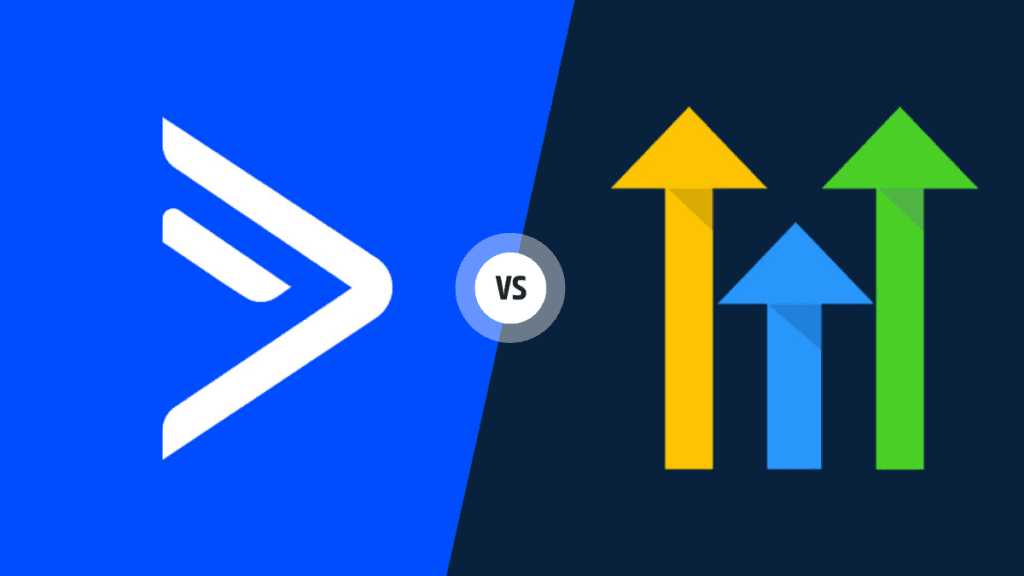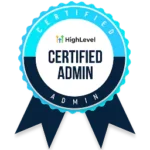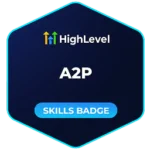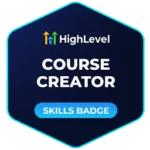Search Engine Optimization (SEO) is the process of optimizing a website to rank higher in search engine results pages (SERPs). SEO is an essential skill for anyone who wants to improve their website’s visibility and attract more organic traffic. In this article, we will discuss how long it takes to learn SEO and provide a comprehensive guide on the different aspects of SEO that one needs to learn to become proficient in SEO.
Understanding the Basics of SEO
Before diving into the more advanced aspects of SEO, it is essential to understand the basics of SEO. The basics of SEO include understanding how search engines work, the importance of keywords, and the role of on-page and off-page optimization. Understanding the basics of SEO is crucial as it forms the foundation for more advanced SEO techniques.
Learning Keyword Research
Keyword research is a critical aspect of SEO as it helps to identify the keywords that people use to search for information online. Keyword research involves identifying the keywords that are relevant to your website and optimizing your content around those keywords. There are several keyword research tools available, such as Google Keyword Planner, Ahrefs, and SEMrush.
On-Page Optimization
On-page optimization refers to the optimization of individual web pages to rank higher in search engine results pages and earn more relevant traffic. On-page optimization includes optimizing the content, title tags, meta descriptions, and header tags. On-page optimization is essential as it helps search engines to understand the content of your website and rank it accordingly.
Off-Page Optimization
Off-page optimization refers to the optimization of external factors that affect your website’s ranking in search engine results pages. Off-page optimization includes link building, social media marketing, and influencer outreach. Off-page optimization is essential as it helps to build your website’s authority and reputation.
Technical SEO
Technical SEO refers to the optimization of the technical aspects of your website to improve its ranking in search engine results pages. Technical SEO includes optimizing the website’s structure, URL structure, and mobile-friendliness. Technical SEO is essential as it helps search engines to crawl and index your website more efficiently.
Content Creation and Optimization
Content creation and optimization refer to the creation and optimization of high-quality content that is relevant to your target audience. Content creation and optimization include creating engaging and informative blog posts, videos, and infographics. Content creation and optimization are essential as they help to attract and retain visitors to your website.
Analytics and Reporting
Analytics and reporting refer to the measurement and analysis of website data to improve its performance. Analytics and reporting include tracking website traffic, user behavior, and conversion rates. Analytics and reporting are essential as they help to identify areas for improvement and measure the success of your SEO efforts.
Keeping Up with Industry Changes
SEO is a constantly evolving field, and it is essential to keep up with the latest industry changes to stay ahead of the competition. Keeping up with industry changes involves staying up-to-date with the latest SEO trends, attending industry conferences, and following SEO experts on social media.
Learning from Experts
Learning from SEO experts is an effective way to improve your SEO skills. SEO experts can provide valuable insights and advice on the latest SEO techniques and trends. Examples of SEO experts to follow include Neil Patel, Brian Dean, and Rand Fishkin.
Practice and Implementation
Practice and implementation are essential for mastering SEO skills. Practice and implementation involve applying the SEO techniques learned in real-world scenarios. Examples of practice and implementation strategies include creating a website and optimizing it for SEO, conducting keyword research for a blog post, and optimizing a web page for on-page SEO.
Measuring Success and Making Improvements
Measuring success and making improvements are essential for improving your SEO skills. Measuring success involves tracking website traffic, user behavior, and conversion rates. Making improvements involves identifying areas for improvement and implementing changes to improve website performance.
Conclusion
Learning SEO is a continuous process that requires dedication and effort. While it is difficult to determine how long it takes to learn SEO, mastering the different aspects of SEO discussed in this article can take several months to a few years. By understanding the basics of SEO, learning keyword research, on-page optimization, off-page optimization, technical SEO, content creation and optimization, analytics and reporting, keeping up with industry changes, learning from experts, practicing and implementing, and measuring success and making improvements, anyone can become proficient in SEO and improve their website’s visibility and attract more organic traffic.
